Despite Western sanctions, Russia's economy has maintained one of its highest growth rates in the past two years.
However, recently, Russia's economic indicators are showing "red flags". Production activities show signs of decline, consumers tighten spending, while inflation remains high and the budget is under great pressure due to huge military expenditures.
Russian officials have also publicly warned of the risk of an economic recession. Russian businesses are cutting production amid the difficult economic climate.
At its meeting on July 25, the Russian Central Bank decided to lower its key interest rate by 2 percentage points to 18%. This is the second consecutive reduction in the key interest rate by the Russian Central Bank after the interest rate was kept at 21% from October 2024.
Following its previous meeting on June 6, the Russian Central Bank noted that tight monetary policy will be maintained until inflation returns to the 4% target by 2026.
The Russian economic slowdown shows that while Western sanctions may not be causing the Russian economy to collapse immediately, they are clearly taking a toll on the country. Many experts predict that if sanctions are tightened further or oil prices fall, the Russian economy could start to falter.
“The growth model based solely on military spending has begun to crack,” Janis Kluge, an expert on the Russian economy at the German Institute for International and Security Affairs (GIISA), said in the report.
Russian President Vladimir Putin (Photo: Reuters).
Last month, Russian Economy Minister Maxim Reshetnikov warned that the country was on the brink of recession.
Meanwhile, President Putin dismissed the view that the war was holding back the economy, saying that warnings about the Russian economy were “exaggerated.” The Kremlin leader also added that recession or stagflation were not allowed under any circumstances.
Stagflation is a term used to describe conditions of slow economic growth, high unemployment, rising prices, and economic stagnation in a context of high inflation.
This year, military and security spending accounts for about 40% of total Russian government spending. The shift of oil exports to China, along with Beijing's support, has also helped the Russian economy stay afloat in recent times.
However, the huge military spending has also caused inflation in Russia to skyrocket, forcing the Russian Central Bank to raise interest rates to a record 21%. High interest rates increase borrowing costs for businesses, causing them to cut back on investment and withdraw expansion plans.
The S&P Global Purchasing Managers’ Index showed that in June, the Russian manufacturing sector saw its sharpest decline in more than three years. New car sales in Russia in June fell nearly 30% compared to the same month last year, according to the Association of European Businesses (AEB).
Source: https://dantri.com.vn/kinh-doanh/kinh-te-nga-ghi-nhan-loat-bao-dong-do-moscow-da-ngam-don-trung-phat-20250725235109177.htm


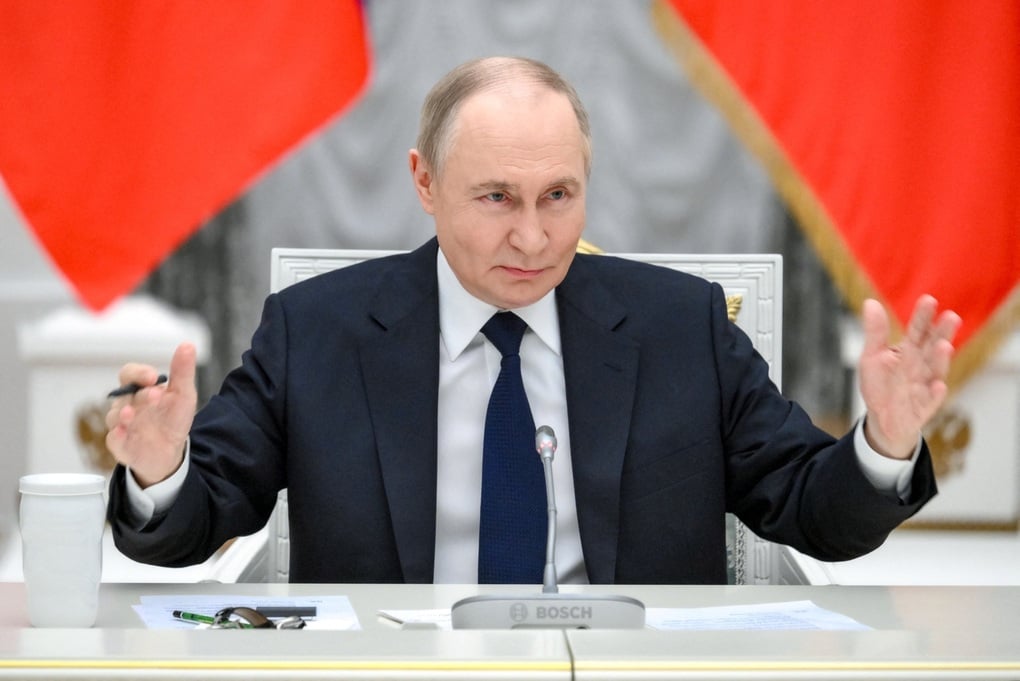
![[Photo] Close-up of Ba Ha River Hydropower Plant operating to regulate water to downstream](/_next/image?url=https%3A%2F%2Fvphoto.vietnam.vn%2Fthumb%2F1200x675%2Fvietnam%2Fresource%2FIMAGE%2F2025%2F11%2F25%2F1764059721084_image-6486-jpg.webp&w=3840&q=75)




![[Photo] Prime Minister Pham Minh Chinh receives Governor of Gunma Prefecture (Japan) and Special Advisor to the Japan-Vietnam Friendship Parliamentary Alliance](/_next/image?url=https%3A%2F%2Fvphoto.vietnam.vn%2Fthumb%2F1200x675%2Fvietnam%2Fresource%2FIMAGE%2F2025%2F11%2F25%2F1764066321008_dsc-1312-jpg.webp&w=3840&q=75)
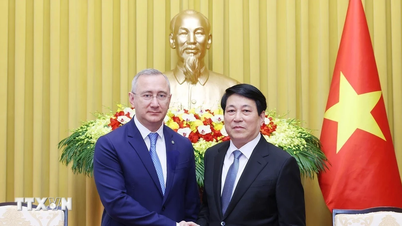

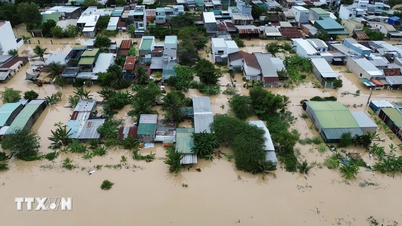
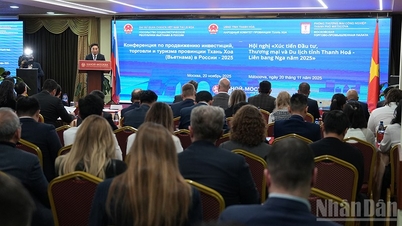

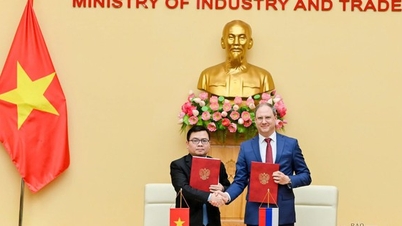

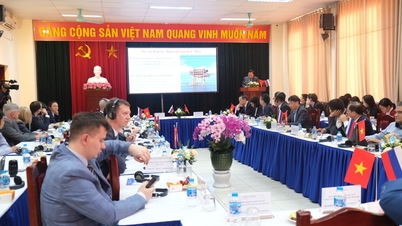

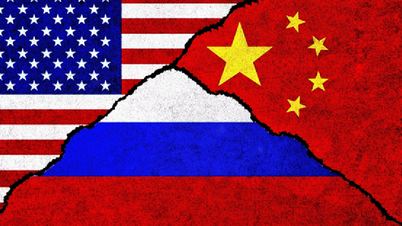

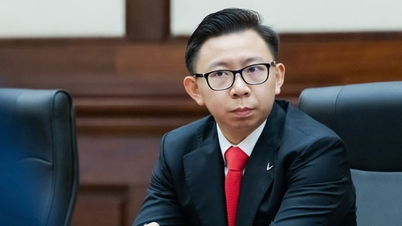

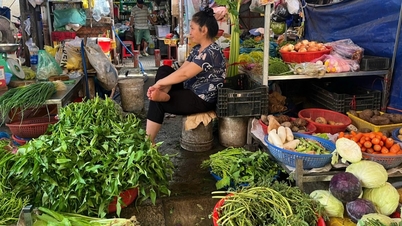
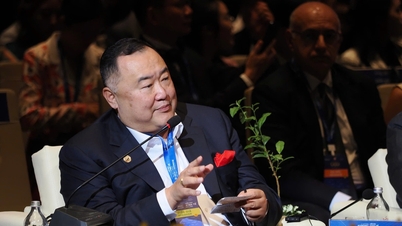

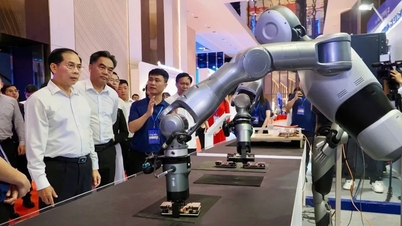






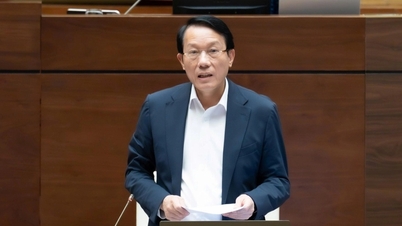
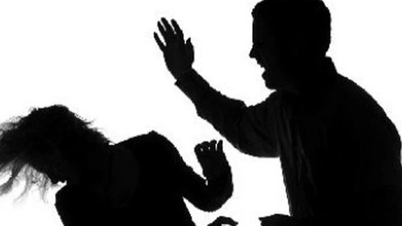
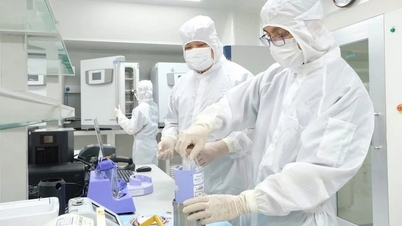
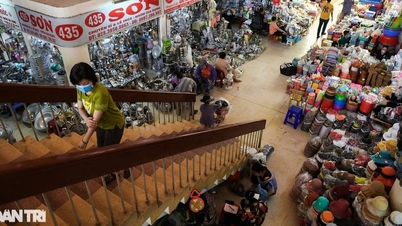
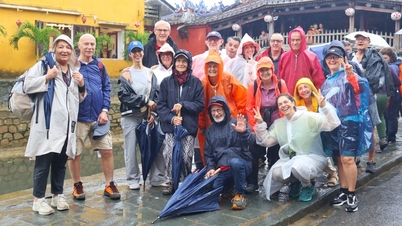
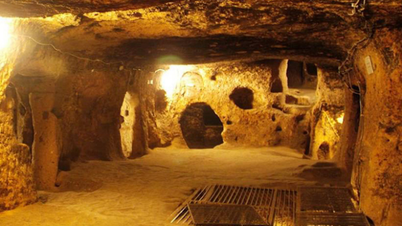

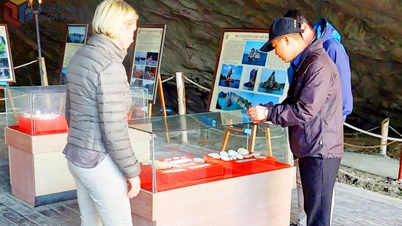

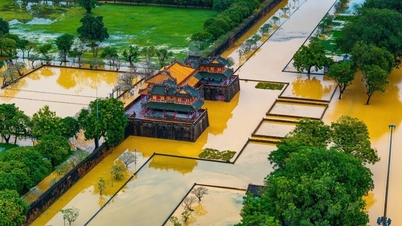

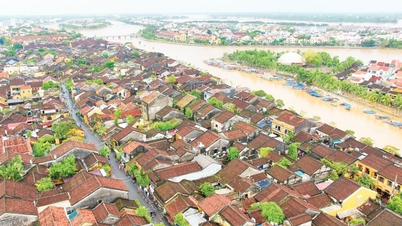
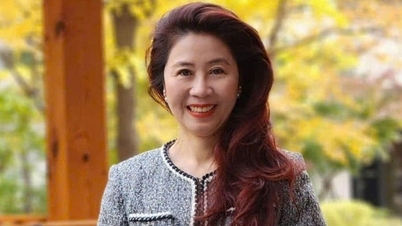
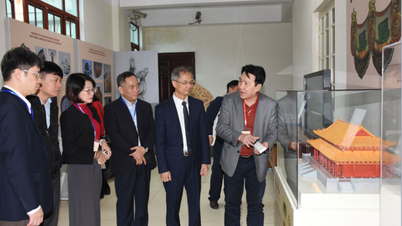

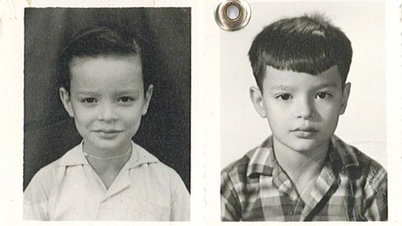




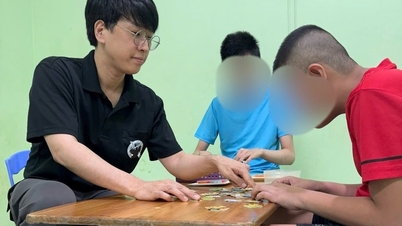
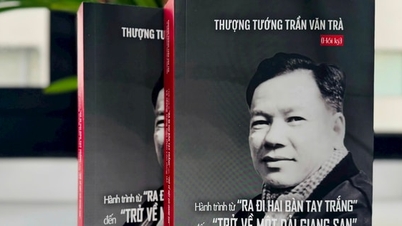

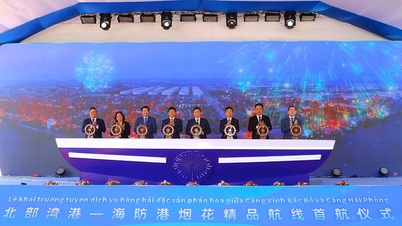




![[Answer] Should I install an elevator for an old renovated house?](https://vphoto.vietnam.vn/thumb/402x226/vietnam/resource/IMAGE/2025/11/25/1764039191595_co-nen-lap-thang-may-cho-nha-cai-tao-cu-khong-04.jpeg)












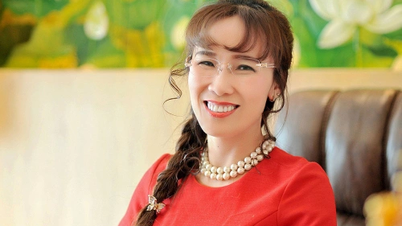
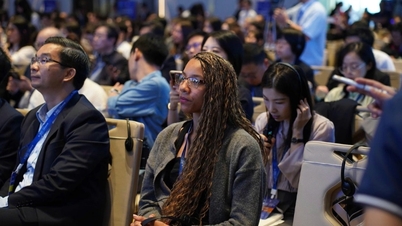
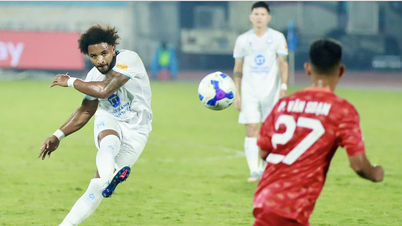
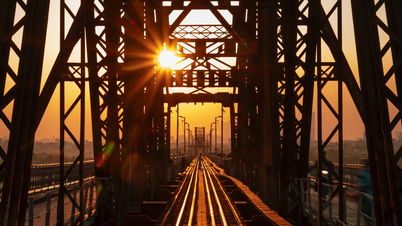


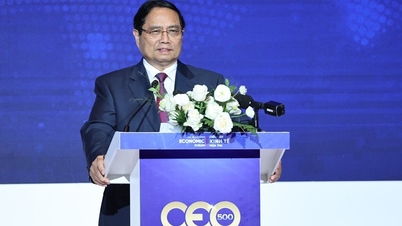

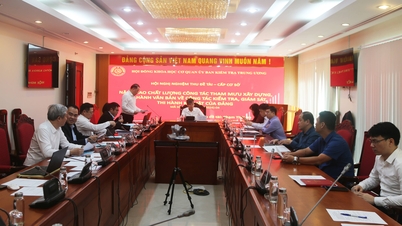

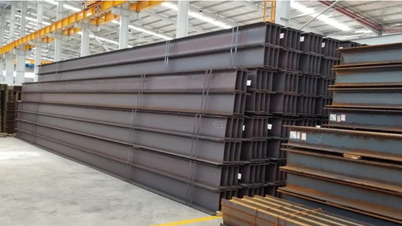

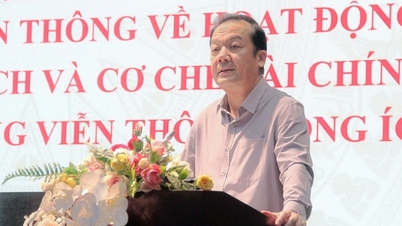


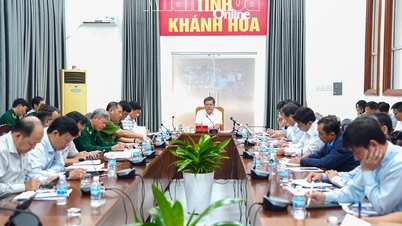

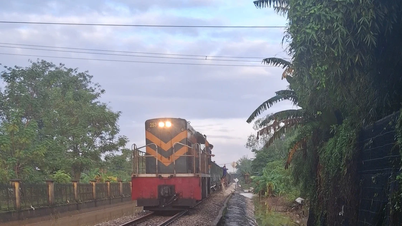

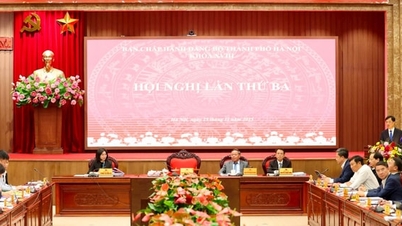
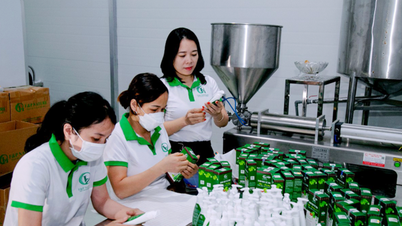


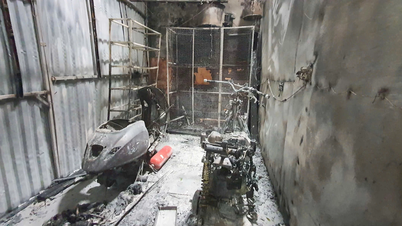












Comment (0)